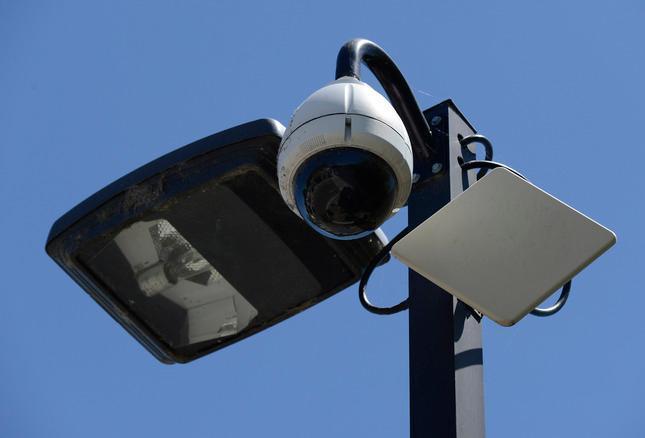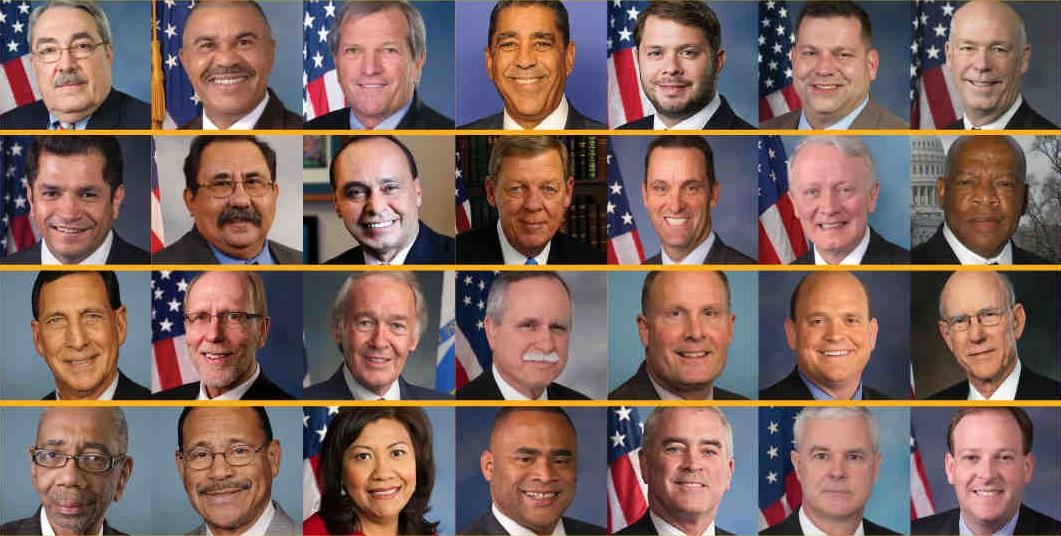San Francisco and Oakland may become the first two cities in the nation to ban any city department from using facial recognition.
On Monday, a San Francisco Board of Supervisors committee is set to vote on the Stop Secret Surveillance Ordinance, making it illegal for any city department to “obtain, retain, access or use” any facial-recognition technology or data from said technology, according to the East Bay Times.
The proposal, introduced by San Francisco Supervisor Aaron Peskin in January, would also require public input and the supervisors’ approval before agencies buy surveillance technology with public funds. That includes the purchase of license plate readers, toll readers, closed-circuit cameras, body cams, and biometrics technology and software for forecasting criminal activity. –East Bay Times
“The propensity for facial recognition technology to endanger civil rights and civil liberties substantially outweighs its purported benefits, and the technology will exacerbate racial injustice and threaten our ability to live free of continuous government monitoring,” reads the ordinance.
In Oakland, a similar proposal would add facial recognition to a slew of proposed city regulations governing surveillance technology which are set to be considered by the city’s Public Safety Committee later this month.
Brian Hofer, the chairman of the Oakland Privacy Advisory Commission who has helped draft ordinances around the Bay Area, said as far as he knows, facial recognition isn’t being used by police in the area.
“That’s the reason we’re trying to prevent that now,” said Hofer, who has filed suit against the Contra Costa County Sheriff’s Department, the San Jose Police Department and others after he said he was pulled over last year and handcuffed, with guns pointed at him when a license plate reader mistakenly identified the rental car he was driving as stolen. “The genie’s not out of the bottle yet.” –East Bay Times
Other cities and counties in the Bay Area are mulling similar measures – including Berkeley, Palo Alto and Santa Clara County.
The ACLU, meanwhile, is staunchly opposed to the use of facial recognition.
“The raw materials for face surveillance — data such as mugshots and video feeds from CCTV and body cams — already exist,” said Matt Cagle, a technology and civil liberties attorney with the organization’s Northern California division. “With just a few lines of code, existing photo systems can be turned into dangerous dragnet surveillance networks.”
Opponents of the technology have, among other things, pointed to its inaccuracy – noting last year that Amazon’s Rekognition software falsely matched the faces of members of Congress with mugshots of arrested individuals.
Last May, the ACLU alleged that Amazon was marching society towards a dystopian future in which corporations and governments can identify and track people in real time through the use of surveillance cameras.
ACLU’s California chapter acquired more than a hundred pages of documents revealing Amazon’s extensive partnership with law enforcement agencies in Orlando, Florida, and Oregon to deploy the facial recognition platform.
The documents uncovered lowcost, but powerful facial recognition systems were being provided to these law enforcement agencies by Amazon’s services.
For instance, the sheriff’s office of Washington County, Oregon, assembled a database of 300,000 mug shots of suspected criminals that officers could use Rekognition to cross-examine with footage of potential suspects in real-time. One invoice showed that Amazon charged Washington County Sheriff’s Office just $343.95. A spokesperson for the county told The Washington Post that it is charged between $6 to $12 per month for the Rekognition platform.
The San Francisco Police Department, which said it doesn’t use facial recognition, submitted amendments to the ordinance after talking with other city departments, community groups, neighborhood watch groups and businesses.
“(Our) mission must be judiciously balanced with the need to protect civil rights and civil liberties, including privacy and free expression,” said David Stevenson, spokesman for the San Francisco Police Department. “We welcome safeguards to protect those rights while balancing the needs that protect the residents, visitors and businesses of San Francisco.”
Lee Hepner, legislative aide to Peskin, said the supervisor’s office incorporated some of the SFPD’s requests into the ordinance. If it is approved in committee Monday, the full board will vote May 14.
“Over time, this will build a lot of trust among the community and the police,” he said. “Hopefully in the end it will be a win-win.”
San Francisco Sheriff’s Department spokeswoman Nancy Crowley said her department does not use facial recognition. She added that most of the agency’s work is in non-public spaces, but that if the ordinance is passed “we will comply with the requirements that impact our work.” –East Bay Times
In April, AI experts urged Amazon to stop selling Rekognition to law enforcement until safeguards are implemented.
via ZeroHedge News http://bit.ly/2vFiZpJ Tyler Durden


